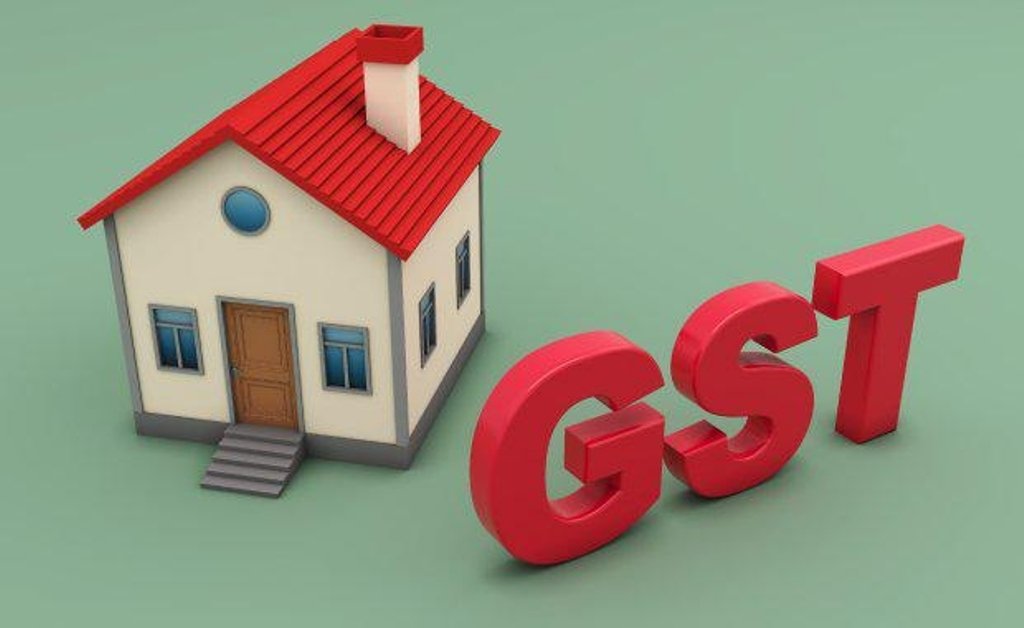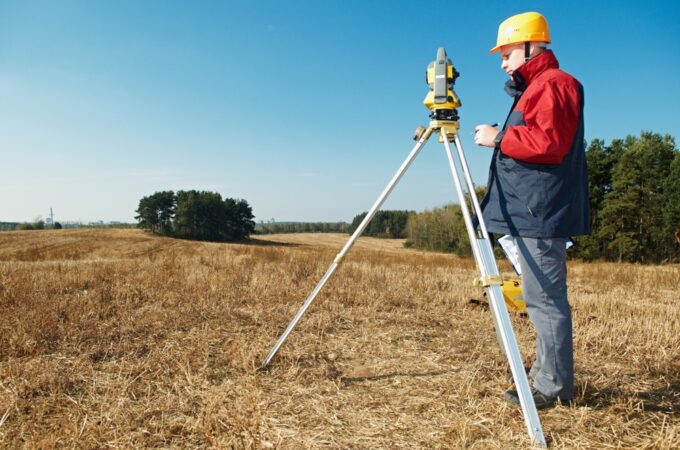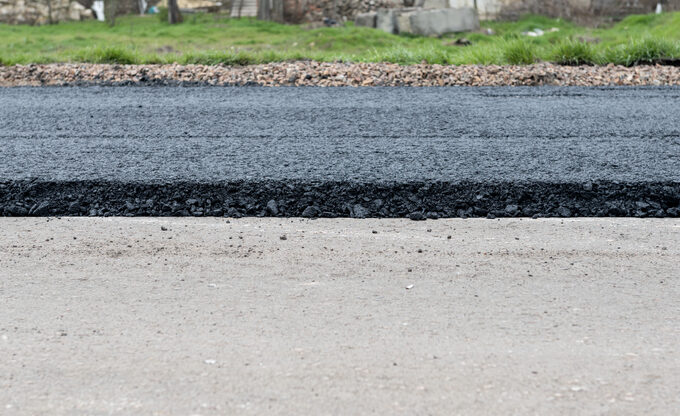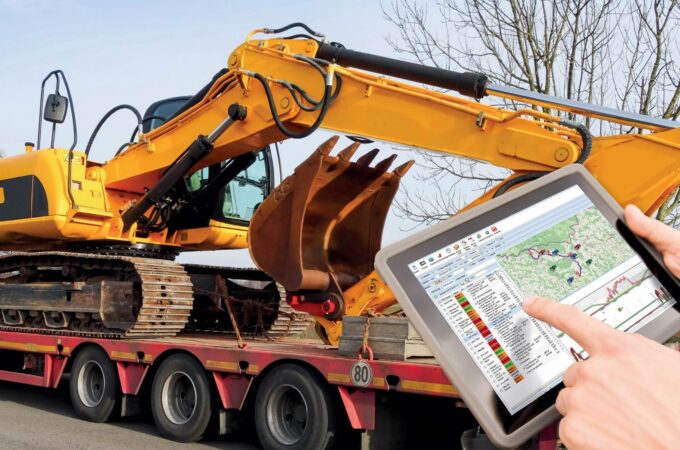
The Impact of the GST on Real Estate
The introduction of the Goods and Services Tax (GST) in 2017 sent shockwaves through the various sectors of the Indian economy. Accounting for 6-8% of the Indian economy, the real estate sector has proven to be one of the country’s most vital sectors. Given its importance, it is essential to look at the impact of the GST on real estate.
Real estate used to be taxed at a 12% tax rate and is now taxed at a 5% rate. Real estate tycoons would wager that this compilation of taxes catalyzed growth in this sector.
Buyers and developers have been affected in different ways by the impact of GST on real estate. Here’s how:
GST’s Impact on Buyers
Under the old tax structure, buyers would have to pay VAT, Service tax, registration charges, and stamp duty on the purchase of property under construction.
VAT, registration charges, and stamp duty were would vary from state to state. Also, developers would have to pay various duties like sales tax, customs duty, and so forth.
Under the GST regime, a single tax rate of 12% was applied to properties under construction until April 1st, 2019. Now, buyers benefit from the reduction of prices under GST.

In the long run, GST is likely to positively affect the buyers if the benefit of input tax credit that the developer receives is passed to the buyer.
GST’s Impact on Developers and Builders
Developers would have to bear the brunt of excise duty, VAT, customs duty, entry taxes on raw materials, and service tax on various input services like approval charges, architect professional fees, labor charges, legal charges, and so on.
Input Tax Credit (ITC) was not available for the aforementioned duties and charges. This would be reflected in the pricing, and this burden had to be borne by the buyer.
The implementation of GST on real estate has significantly reduced developers’ construction costs because of the availability of ITC and the fact that multiple taxes are subsumed. In addition to this, it has caused a reduction in the cost of logistics.

However, the flip side is that developers have to perform multiple calculations to arrive at ITC to pass it on to the buyers. Therefore, in most cases, they can only pass on the ITC during the final stages.
The lack of transparency on the ITC has caused the buyers to adopt the “wait and watch” approach and possibly defer buying as a consequence.
Revised GST on Real Estate for property under construction
The commercial tax department issued a letter to all its officials and traders’ bodies, informing them about the downwardly revised GST rates on properties under construction.
The revised rates were enforced on April 1st, 2019 after the GST Council approved the proposal to boost demand in the real estate sector. The GST rates for construction of affordable residential flats and apartments are 1%, and 5% for the apartments that are not affordable.
These rates apply to newly started projects as well as ongoing ones.
The developer or builder has the option of paying the tax at the old rates for ongoing projects. However, this option is not available for projects that have commenced on or after April 1st, 2019. The registration and stamp duty are exempt from the GST on the agreement value.
Benefits of GST Rates on Residential Property
The reduction of GST on real estate in April comes with the following benefits:
- A more accessible and much more transparent tax structure resulting in higher compliance from builders
- A reasonable price for the buyer due to the reduction of the GST rate to 1% on residential properties in the affordable housing segment.
- The elimination of the issue of passing on the ITC benefits to the buyer, resulting in the preservation of the interest of the buyers
- Reasonable pricing of residential property, because the unused ITC added to the project cost is removed
GST on Construction Materials
The following includes the GST rates for construction materials:
- Building bricks – 5%
- Crude Granite/Marble Rubble – 5%
- Fly Ash blocks – 5%
- Roofing tiles – 5%
- Natural Sand (for construction) – 5%
- Marble/Granite blocks – 12%
- Refractory bricks/tiles -18%
- Glass for construction purposes -18%
- Prefabricated structural components for building – 18%
- Marble/Granite (other than blocks) – 18%
- Portland/Slag Cement – 28%
GST Rates for Construction Services?
There is a variety of construction services that are liable to the GST on real estate. Here are the GST rates for specific areas of construction-related services in the real estate sector:
- Under construction properties under the Credit Linked Subsidy Scheme – 8%
- Under construction properties (excluding those that are under the Credit Linked Subsidy Scheme) – 12%
- The Composite supply of works contract for affordable housing – 12%
- The Composite supply of works contracts to government agencies/local govt. bodies – 12%
- The Composite supply of works contract (other than the government agencies/local govt. bodies/affordable housing) – 18%
- Works Contract (other than for govt. bodies) -18%
When does the GST on Real Estate not apply?
The GST on real estate does not apply to the following construction-related activities or transactions:
- The sale of a ready to move in flat
- The resale of the property
- The sale or the purchase of land
These transactions do not include the supply of goods or services, as specified in the GST Act. Therefore, the GST on real estate does not apply to these transactions.




